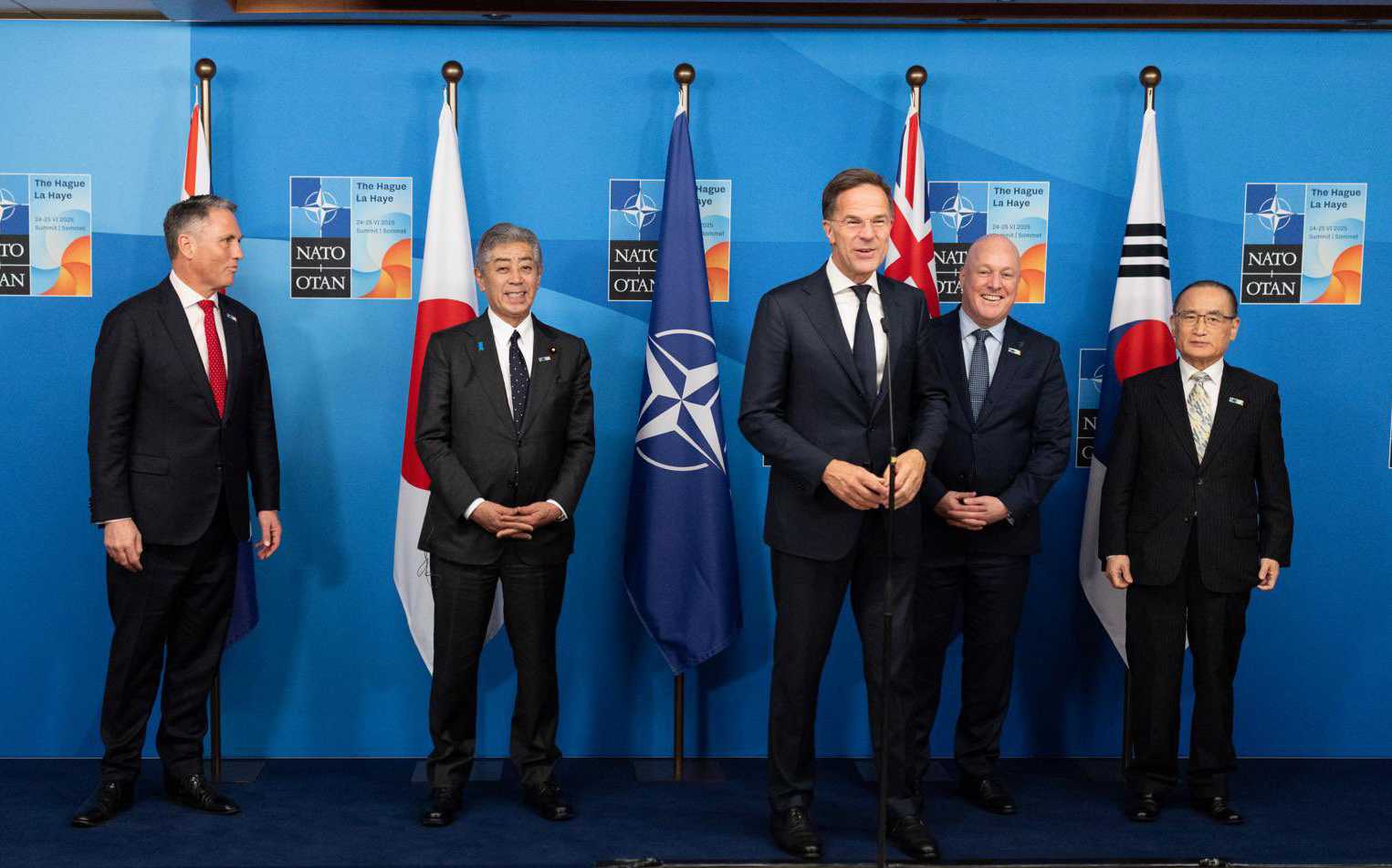
Ghulam Ali, PhD, Monash University, Australia
Aug 08, 2025
In the post-World War II period, the US maintained nearly uncontested supremacy over the vast Asia-Pacific region. Under the San Francisco System, or the ‘Hub and Spokes’ architecture, the US established military alliances, provided economic assistance, and proactively engaged with the region. The strategic foundation of US policy relied on both bilateral and multilateral defense agreements, such as those with Japan (1951), South Korea (1953), the Philippines (1951), Australia, New Zealand (collectively known as ANZUS, 1951), and Thailand (1954).
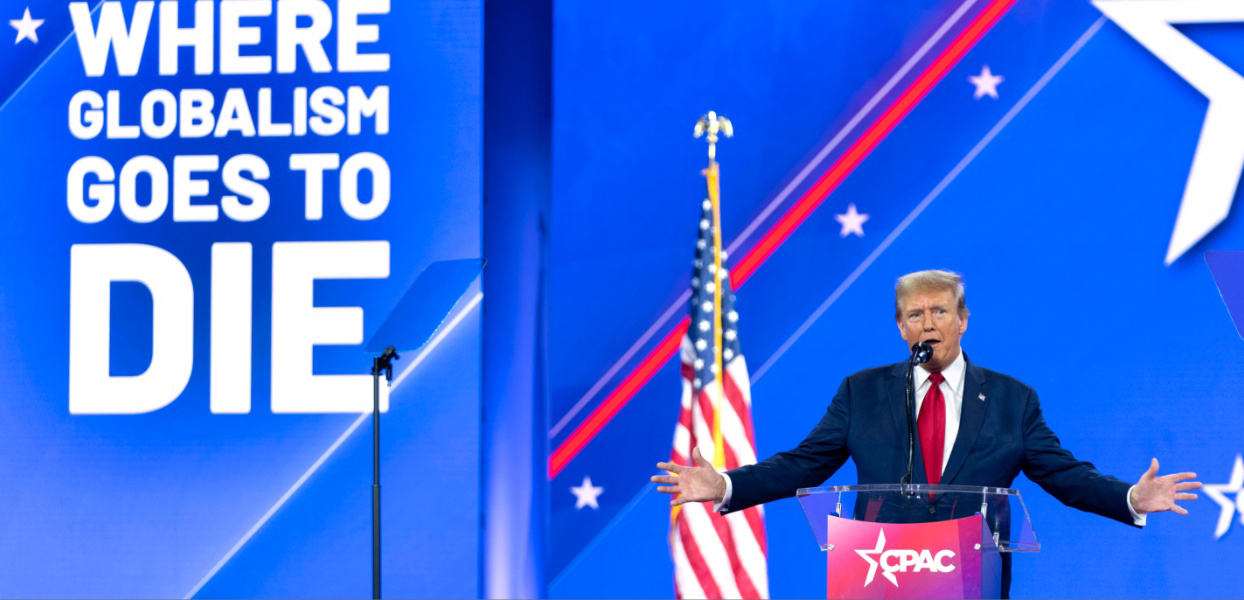
Li Yan, Director of President's Office, China Institutes of Contemporary International Relations
Aug 01, 2025
The U.S. president’s policies have fueled deglobalization and disrupted the existing international order, but they have also pushed countries around the world to explore new models of cooperation and foster new approaches to trade.

Yu Xiang, Senior Fellow, China Construction Bank Research Institute
Jul 21, 2025
If the United States can adapt flexibly and prioritize consensus with its trading partners, it may solidify its economic dominance. Otherwise, persistent high tariffs risk deepening global trade fragmentation and will challenge America’s long-term influence.
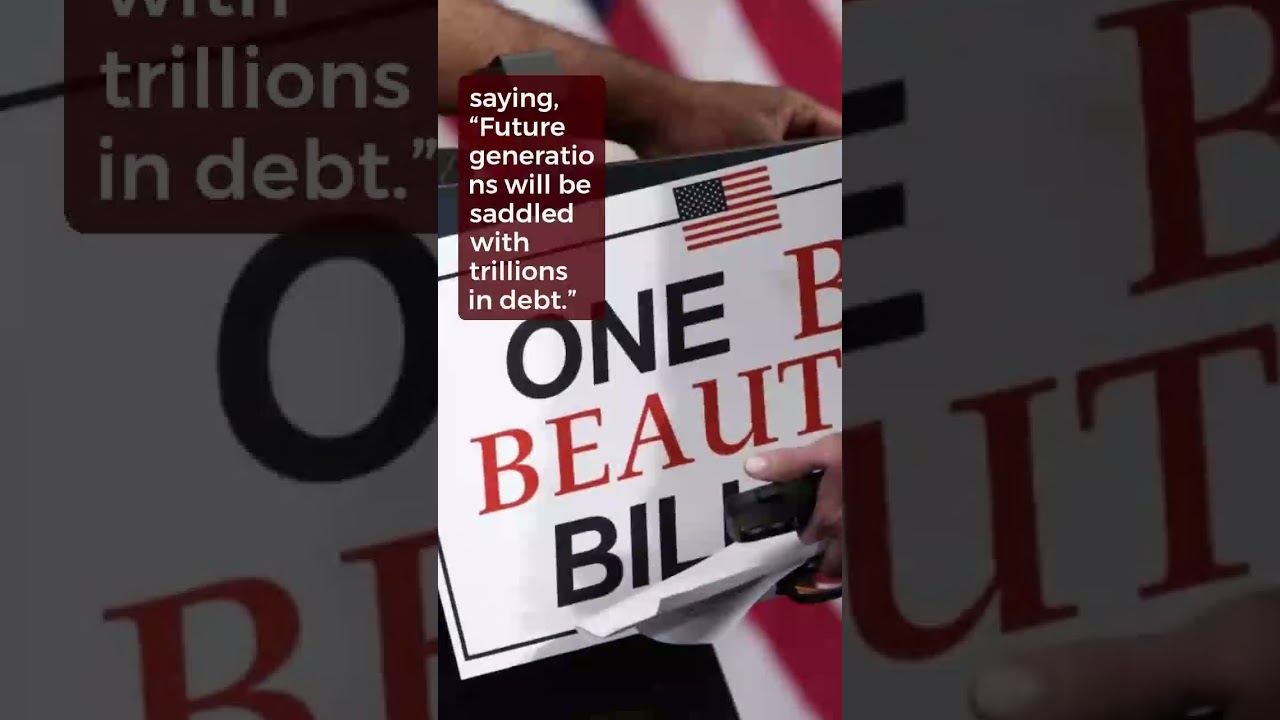
Ma Xue, Associate Fellow, Institute of American Studies, China Institutes of Contemporary International Relations
Jul 11, 2025
Washington is now piling up debt even in the absence of an emergency. In the long run, this sort of quick fix, where the cure is worse than the disease, will only worsen America’s economic fragility and add to uncertainty.
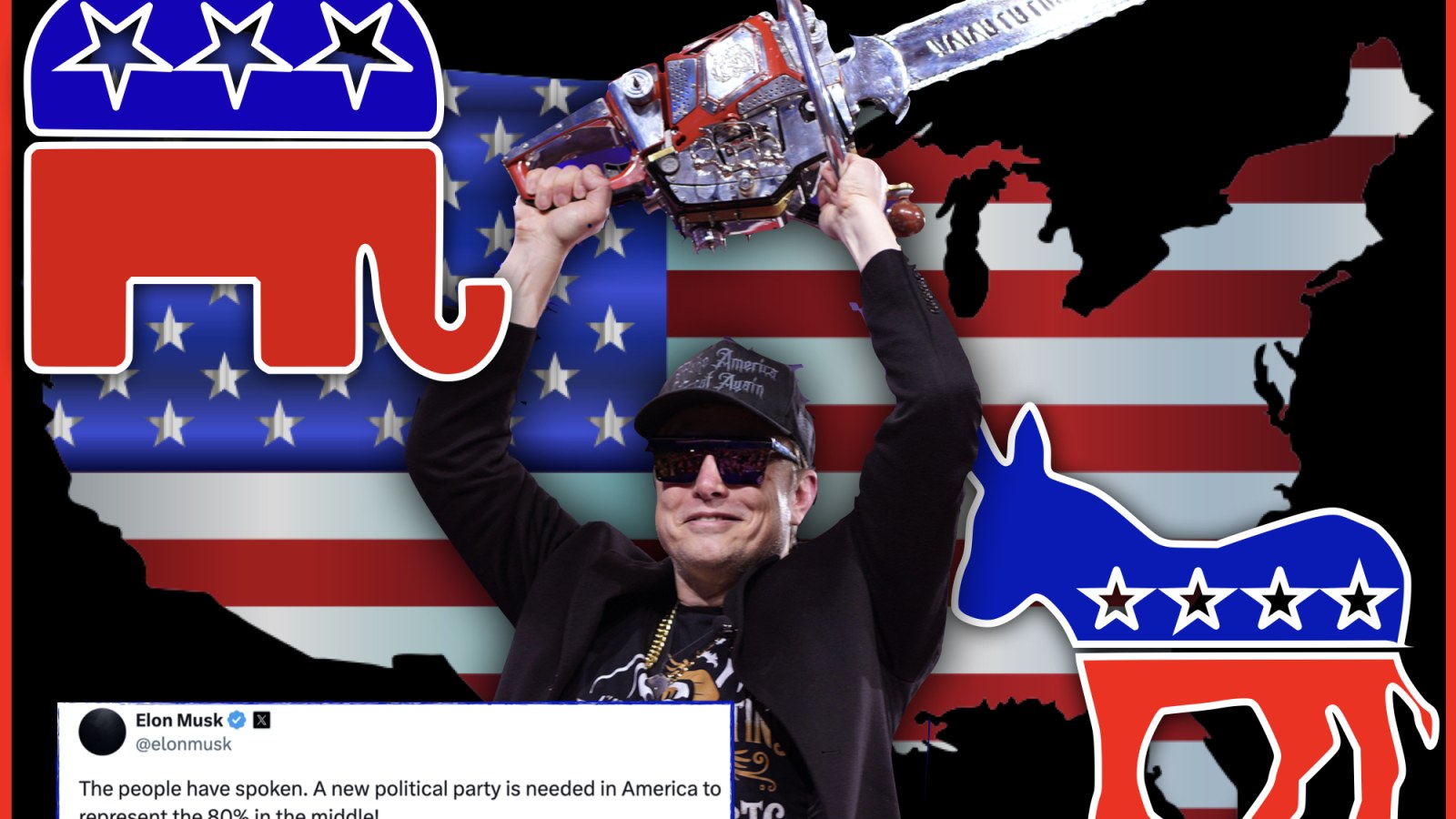
Mallie Prytherch, Researcher at Centre on Contemporary China and the World, University of Hong Kong
Jul 11, 2025
After a public split with Donald Trump over the “Big Beautiful Bill,” Elon Musk launched the America Party in an effort to challenge the U.S. two-party system. While his shifting stance on China adds strategic ambiguity, the party serves as a stress test for American democracy in an era of polarization and gridlock.

Sujit Kumar Datta, Former Chairman of Department of International Relations, University of Chittagong, Bangladesh
Jul 09, 2025
Strategic adjustments, characterized by economic decoupling, high-tech restrictions and military posturing in the Indo-Pacific region, will transform the bilateral relationship and the shape of global security itself.
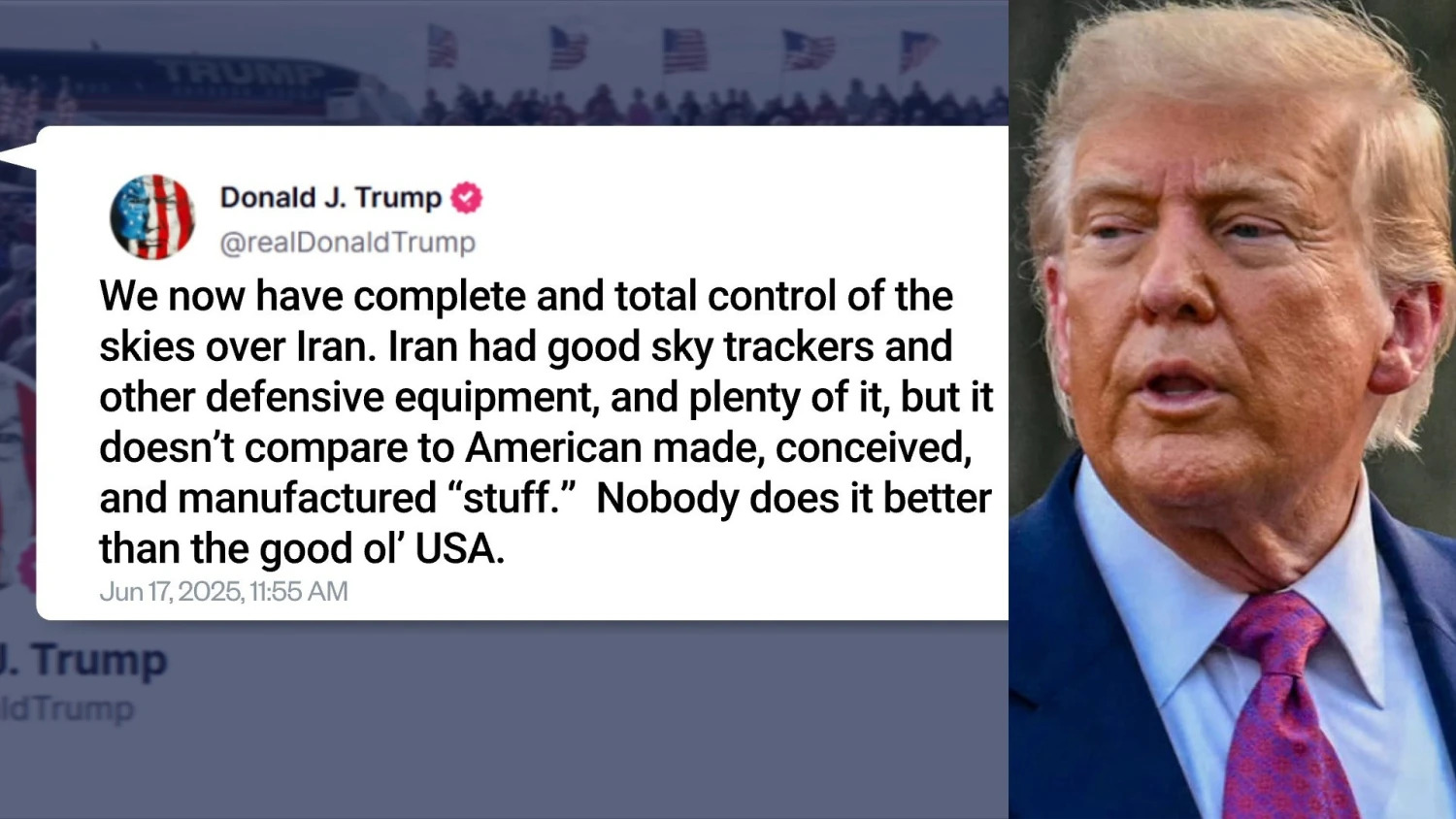
He Wenping, Senior Research Fellow, Charhar Institute and West Asia and Africa Studies Institute of the China Academy of Social Sciences
Jul 04, 2025
Was the so-called 12-day war a triple victory or a triple defeat? Will Americans tolerate a policy of “Israel first” over “America first”? The answers to these and other key questions will determine whether, and how deeply, the United States could be drawn into the fray again.
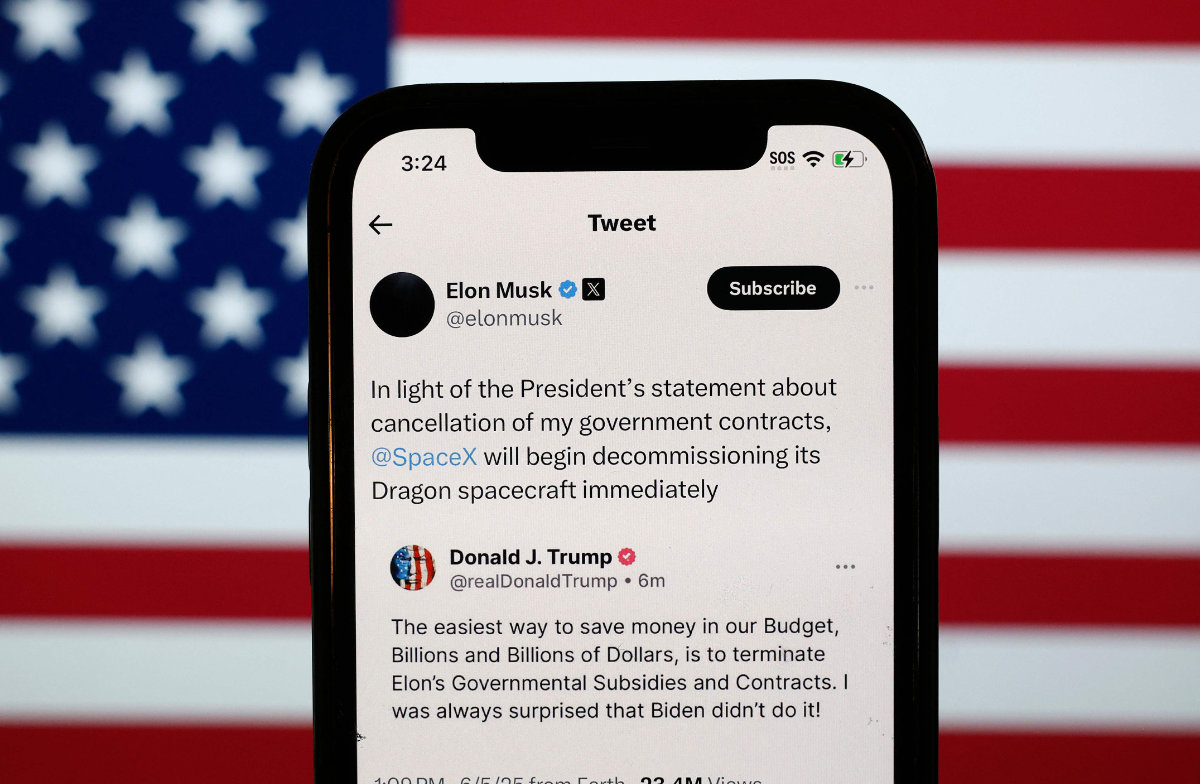
Li Zheng, Assistant Research Processor, China Institutes of Contemporary International Relations
Jul 04, 2025
The honeymoon between Elon Musk and U.S. President Donald Trump ended with a war of words on social media. In his six months in the White House, Musk came to see big differences between his own political philosophy and that of die-hard Trump fans.
Ghulam Ali, PhD, Monash University, Australia
Jun 17, 2025
U.S. restrictions aimed at obstructing China’s technological development have, in practice, accelerated China’s pursuit of technological self-reliance.

Dong Yifan, Associate Research Fellow, Belt and Road Academy of Beijing Language and Culture University
Jun 02, 2025
The European establishment has ramped up its efforts to counter far-right forces, a move that will profoundly shape transatlantic relations in the Trump 2.0 era.
Back to Top

- China-US Focus builds trust and understanding between the U.S. and China through open dialogue among thought leaders.
- Our Offerings
- Topics
- Videos
- Podcasts
- Columnists
- Research Reports
- Focus Digest
- Stay Connected
-
Thanks for signing up!
- Get the latest stories from China-US Focus weekly.